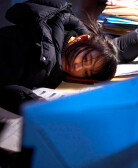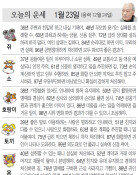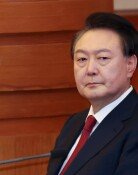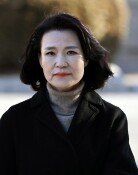Succeeding through America's growth-valuing culture
Succeeding through America's growth-valuing culture
Posted April. 27, 2024 07:49,
Updated April. 27, 2024 07:49
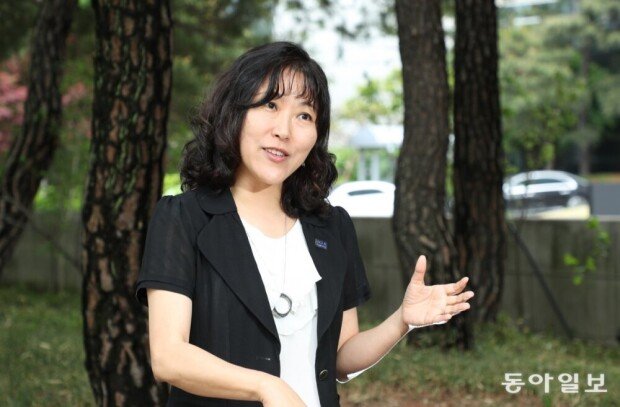
During a meeting at a hotel in Gangnam District, Seoul on Wednesday, Park Ah-hyung, dean of the UCLA Samueli School of Engineering, stated, "As we enter an era led by technology, engineers need to step forward and demonstrate courage,” adding, "The person who solves a problem often comes much later than the person who defines it. Now is the time for a 'paradigm shift.'"
Dean Park is the first Korean-American woman appointed as a dean of an engineering school in the U.S., a milestone reached last September. While there have been Korean-American deans, a native Korean has never held such a position at a prestigious American university. After graduating high school in Korea, Dean Park earned her bachelor's and master's degrees from the University of British Columbia in Canada and her Ph.D. from Ohio State University. She served as a professor at Columbia University from 2007 until she was appointed the dean at UCLA's School of Engineering in September last year. Her research has primarily focused on carbon capture, a technology for recycling carbon dioxide from coal smoke and by-products of oil refineries.
Was it difficult for an 'Asian woman' to become a dean of engineering? She recalls, "America has a 'me, me, me' culture where being proactive is ingrained themselves. When I first joined Columbia University as a professor, the first advice from my senior colleagues was, 'You have to be quick here (to raise your hand).' It was particularly challenging to overcome this expectation as a Korean woman raised in a culture where one must be quiet and not stand out."
However, she managed to thrive in the U.S. because the culture there evaluates students and professors qualitatively, based on 'how much they have progressed' rather than quantitatively by 'how many points' they have scored. Even if she could not initially volunteer by saying, 'I will do it,' demonstrating steady initiative and progress led to more positive evaluations. "For example, a student who consistently scores 90 on tests is rated lower than one who improves from 70 to 80. I don’t believe in labeling students with a 'scarlet letter' based on scores," Dean Park said.
"Since experiments are central to science and engineering, failure is inevitable. If you begin to feel ashamed of failure, it hampers progress in research,” she said when asked for advice for Korean engineering students. “I would particularly like to tell female engineering students, who often aim for perfection, to have the courage to 'be willing to fail.'"
최지원 기자 jwchoi@donga.com



